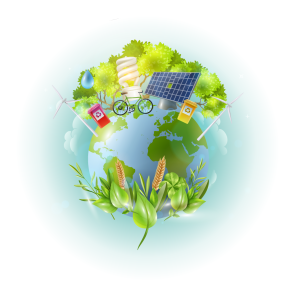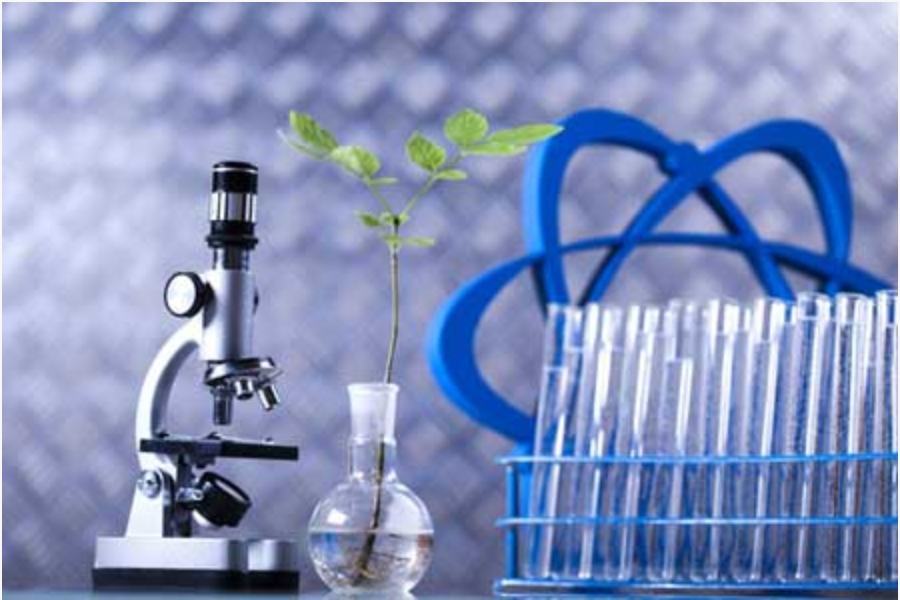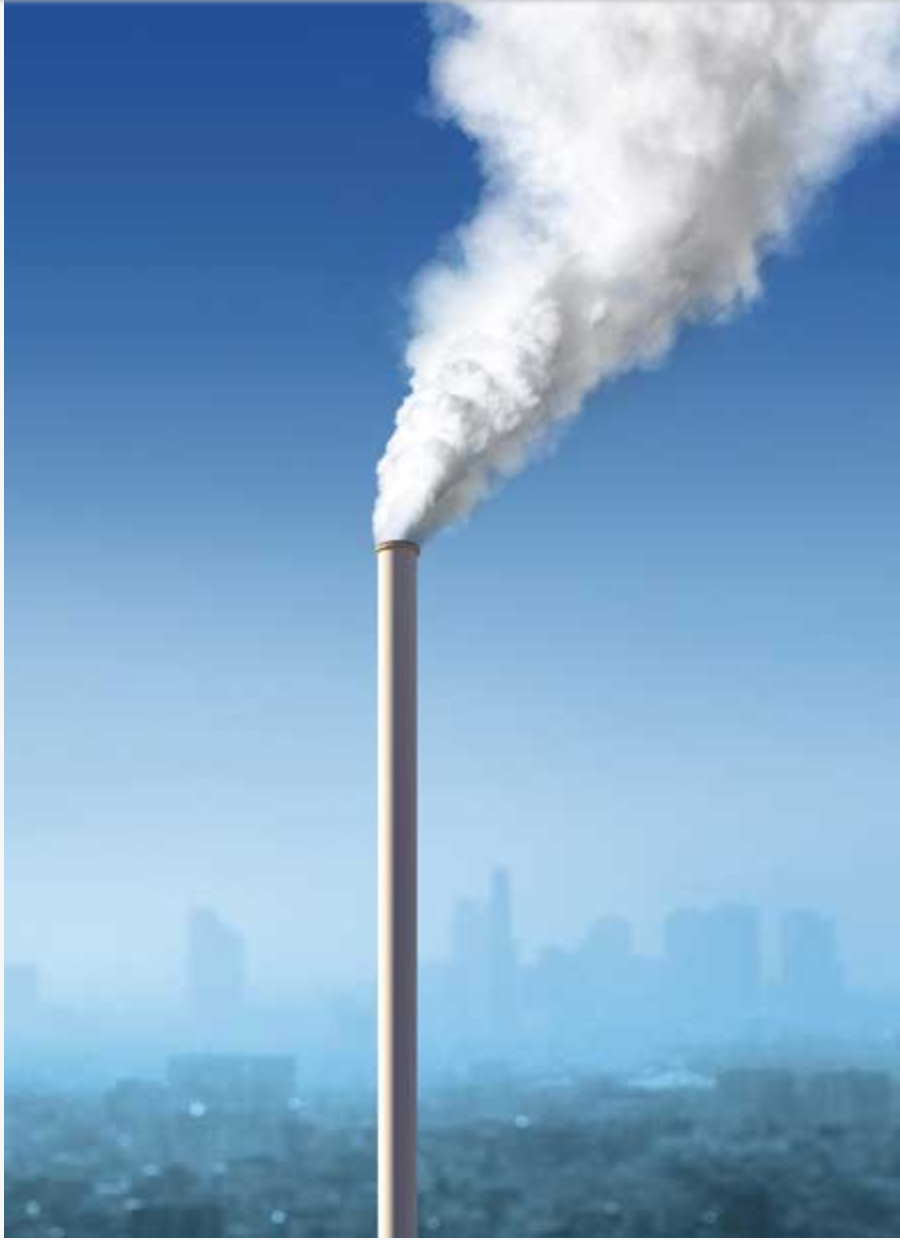- +30 213 003 7600
- +30 213 003 7600
- info@hellagrolip.com


Scientific progress and the great technological advances of the last few centuries have underpinned humankind’s attempts to resolve major problems encountered in the past, and have radically changed their perception of the world.
The substitution of muscle strength with advanced engineering, the use of electricity, modern means of transport, major breakthroughs in chemistry, medicine and biotechnology, the revolution in communications and computers, and the development of space technology are achievements that opened up new horizons for the future of humankind.
New technologies have increased the supply of goods, improved living standards, and have been the motive for high rates of economic and social development.

The tremendous production capacity and the new prospects of social prosperity offered by modern technology constituted a powerful motive for the rapid growth of the world’s population, multiplied the requirements for the production of more goods, and maximized the demand for raw materials.
The economic growth of the previous century was accompanied by the excessive use of fossil fuels, the depletion of precious natural resources, the reckless waste of energy, and the production of frivolous consumer products.
Considering the natural environment unalterable, the model adopted over-polluted the atmosphere. It polluted terrestrial and marine ecosystems and natural aquifers with toxic waste. It abased and destroyed key habitats in order to meet the pressing housing, alimentary, and consumer needs created.
The greenhouse effect, climate change, ozone depletion, acid rain, depletion of clean water reservoirs, deforestation, soil erosion, and the energy problem are individual manifestations of a complex environmental problem that threatens to disrupt the ecological balance, limits the ability of the natural resources consumed to be renewed, and jeopardizes the sustainability of the planet’s ecosystems and humans themselves, therefore needs to be confronted post-haste.

The urgency to solve the acute environmental problems and their consequences makes it imperative that economic activity be redesigned in the context of social responsibility and sustainable development.
Today more than ever, it is necessary that sustainable development strategies be adopted, which should meet the present needs without undermining the environment and without reducing the prospects of future generations.
The sustainable development approach makes good use of the capabilities of modern technology in environmentally friendly terms, manages the existing natural resources rationally, creates and utilizes new recyclable resources, and turns to alternative/renewable sources of energy.
In conjunction with the implementation of universally accepted legislation, both on a national and an international level, and the cultivation of personal and business environmental awareness, the company seeks to balance its economic objectives with social responsibility and environmental stability.

The design and operation of HELLAGROLIP are materialized in their entirety with a focus on the responsibility towards people, sustainable development of agriculture, and environmental protection.
Our business activity, inextricably linked with the social and environmental priorities of our time, adopts environmental compliance and social engagement as non-negotiable values of our company towards its partners.
We cultivate environmental responsibility as an integral part of our company philosophy, including in our strategic planning the protection of the environment, responsible management of natural resources, risk elimination, and the development of innovative products, friendly to the environment and the consumer.
We are able to achieve this through effective planning and control of all the successive stages of production and marketing, and by adopting practices that improve the environmental performance of the company. Said practices are:
At HELLAGROLIP, we use and apply certified Environmental Management Systems voluntarily, in addition to those prescribed by the law, which allow us to monitor the production process, measure the environmental parameters, to assess with precision their ecological effects, and to constantly improve the environmental performance of our units and our activities.
Our environmental policy contributes to resources and energy savings, ensures excellent management of modern environmental requirements, and certifies the environmental credibility of HELLAGROLIP.
At the same time, it contributes to the development of quality and innovation. It promotes the production of high quality and environmentally friendly products, providing brand recognition and a competitive advantage to its partners.

Scientific progress and the great technological advances of the last few centuries have underpinned humankind’s attempts to resolve major problems encountered in the past, and have radically changed their perception of the world.
The substitution of muscle strength with advanced engineering, the use of electricity, modern means of transport, major breakthroughs in chemistry, medicine and biotechnology, the revolution in communications and computers, and the development of space technology are achievements that opened up new horizons for the future of humankind.
New technologies have increased the supply of goods, improved living standards, and have been the motive for high rates of economic and social development.

The tremendous production capacity and the new prospects of social prosperity offered by modern technology constituted a powerful motive for the rapid growth of the world’s population, multiplied the requirements for the production of more goods, and maximized the demand for raw materials.
The economic growth of the previous century was accompanied by the excessive use of fossil fuels, the depletion of precious natural resources, the reckless waste of energy, and the production of frivolous consumer products.
Considering the natural environment unalterable, the model adopted over-polluted the atmosphere. It polluted terrestrial and marine ecosystems and natural aquifers with toxic waste. It abased and destroyed key habitats in order to meet the pressing housing, alimentary, and consumer needs created.
The greenhouse effect, climate change, ozone depletion, acid rain, depletion of clean water reservoirs, deforestation, soil erosion, and the energy problem are individual manifestations of a complex environmental problem that threatens to disrupt the ecological balance, limits the ability of the natural resources consumed to be renewed, and jeopardizes the sustainability of the planet’s ecosystems and humans themselves, therefore needs to be confronted post-haste.

The urgency to solve the acute environmental problems and their consequences makes it imperative that economic activity be redesigned in the context of social responsibility and sustainable development.
Today more than ever, it is necessary that sustainable development strategies be adopted, which should meet the present needs without undermining the environment and without reducing the prospects of future generations.
The sustainable development approach makes good use of the capabilities of modern technology in environmentally friendly terms, manages the existing natural resources rationally, creates and utilizes new recyclable resources, and turns to alternative/renewable sources of energy.
In conjunction with the implementation of universally accepted legislation, both on a national and an international level, and the cultivation of personal and business environmental awareness, the company seeks to balance its economic objectives with social responsibility and environmental stability.

The design and operation of HELLAGROLIP are materialized in their entirety with a focus on the responsibility towards people, sustainable development of agriculture, and environmental protection.
Our business activity, inextricably linked with the social and environmental priorities of our time, adopts environmental compliance and social engagement as non-negotiable values of our company towards its partners.
We cultivate environmental responsibility as an integral part of our company philosophy, including in our strategic planning the protection of the environment, responsible management of natural resources, risk elimination, and the development of innovative products, friendly to the environment and the consumer.
We are able to achieve this through effective planning and control of all the successive stages of production and marketing, and by adopting practices that improve the environmental performance of the company. Said practices are:
At HELLAGROLIP, we use and apply certified Environmental Management Systems voluntarily, in addition to those prescribed by the law, which allow us to monitor the production process, measure the environmental parameters, to assess with precision their ecological effects, and to constantly improve the environmental performance of our units and our activities.
Our environmental policy contributes to resources and energy savings, ensures excellent management of modern environmental requirements, and certifies the environmental credibility of HELLAGROLIP.
At the same time, it contributes to the development of quality and innovation. It promotes the production of high quality and environmentally friendly products, providing brand recognition and a competitive advantage to its partners.
